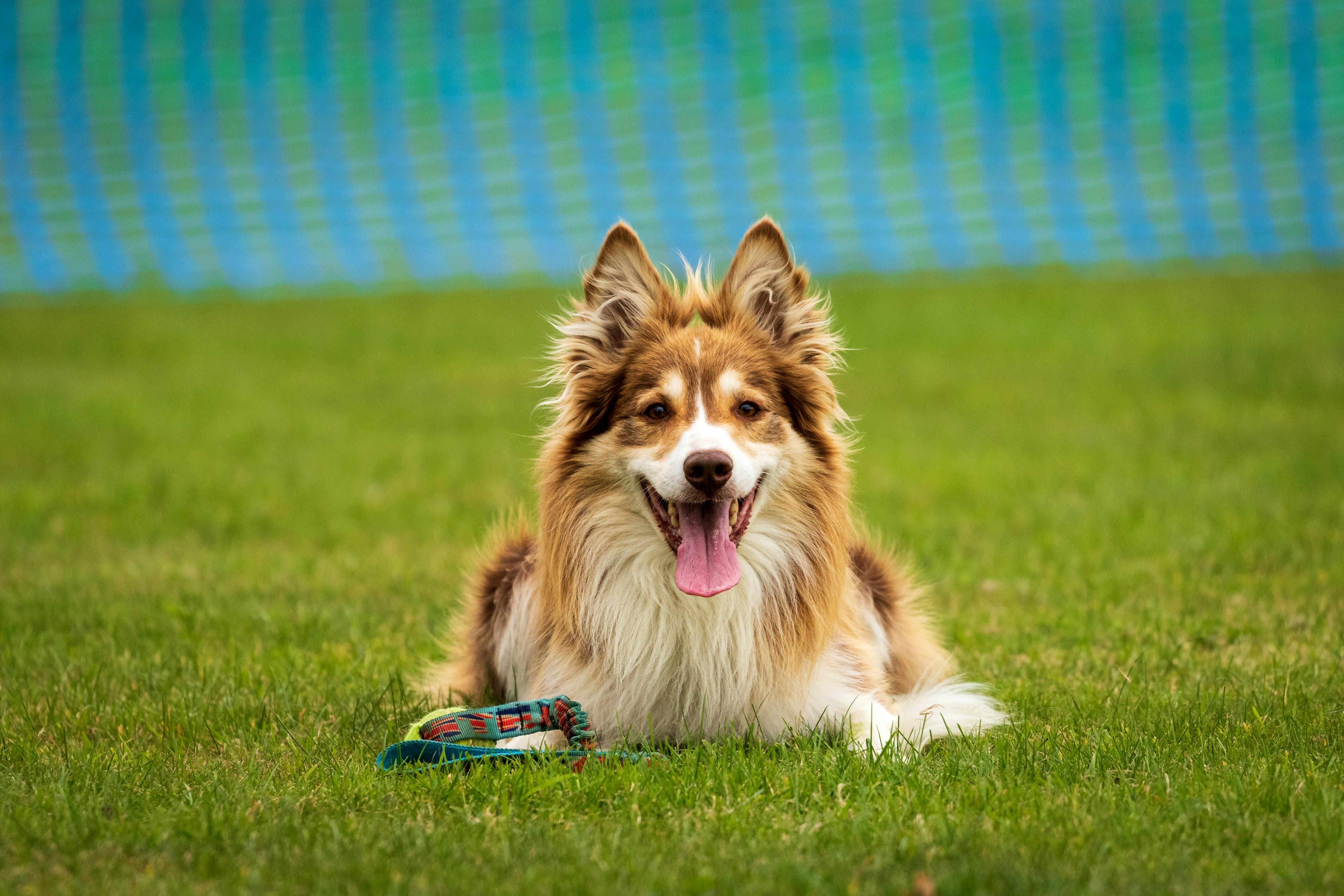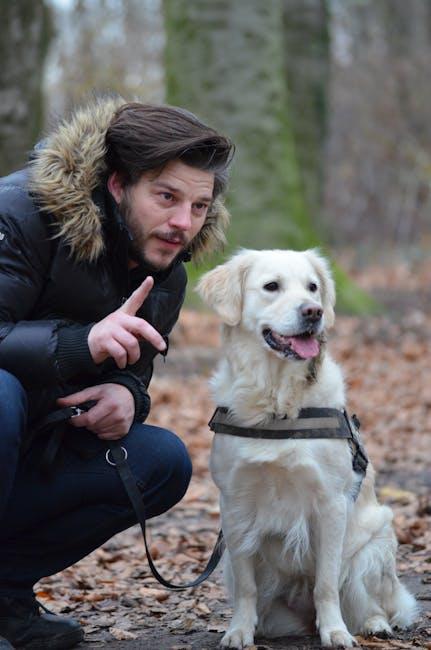How to Train a Dog to Stay Calm in Crowded Public Spaces

Training a dog to remain calm in crowded public spaces is an essential skill for any pet owner who enjoys bringing their canine companion along for outings. Whether it’s a bustling park, a busy street market, or a lively outdoor event, crowded environments can be overwhelming for dogs, leading to anxiety and unwanted behaviors. This article provides a comprehensive guide on how to effectively train your dog to stay calm and composed amidst the hustle and bustle of public spaces. By understanding your dog’s behavior, employing consistent training techniques, and utilizing positive reinforcement, you can help your furry friend navigate these environments with confidence and ease.
Understanding Your Dogs Triggers and Stress Signals
Recognizing the factors that trigger anxiety in your dog is a crucial step in helping them stay composed in bustling environments. Dogs, much like humans, have specific stimuli that can evoke stress. Common triggers might include loud noises, unfamiliar scents, or the presence of other animals. Observing your dog’s behavior can reveal these stressors. For instance, do they start to tremble or pull on the leash when a crowd forms? Do their ears flatten or tail tuck when a loud noise occurs? By identifying these cues, you can proactively manage their reactions.
Stress signals in dogs can be subtle or pronounced, and recognizing them is vital to intervening before anxiety escalates. Look for the following signs:
- Excessive panting or drooling
- Pacing or restlessness
- Avoidance behaviors, such as turning away or hiding
- Whining or barking without apparent cause
- Body language changes, like a lowered tail or pinned-back ears
By understanding these signals, you can tailor your training approach to reinforce calmness, ensuring your furry friend remains serene even in the most crowded of public spaces.

Implementing Gradual Exposure Techniques for Confidence Building
To help your dog build confidence in crowded public spaces, start by implementing gradual exposure techniques. Begin with environments that mimic crowded settings but are less overwhelming. This could be a quiet park with a few people or a calm street during off-peak hours. Allow your dog to observe the surroundings from a safe distance, gradually moving closer as they become more comfortable. Consistency is key, so repeat these sessions regularly, ensuring each step is a positive experience.
- Start with short sessions and slowly increase the duration.
- Use treats and praise to reinforce calm behavior.
- Introduce new elements, like sounds or moving objects, one at a time.
- Maintain a relaxed demeanor to reassure your dog.
As your dog gains confidence, increase the complexity of the environments. Consider attending dog-friendly events with moderate crowds, where your dog can practice staying calm amidst more distractions. The goal is to ensure that each exposure is manageable, avoiding overwhelming situations that could lead to setbacks. Over time, your dog will learn to associate these experiences with positive outcomes, fostering a calm and confident demeanor in any public setting.

Utilizing Positive Reinforcement to Encourage Calm Behavior
Positive reinforcement is a powerful tool when teaching your dog to remain composed in bustling environments. By focusing on rewarding calm behavior, you can effectively communicate to your furry friend that tranquility is both expected and appreciated. Begin by identifying what motivates your dog the most, whether it’s treats, praise, or playtime. Use these motivators to your advantage, offering them as rewards when your dog demonstrates calmness in a crowded setting.
- Start Small: Introduce your dog to less crowded spaces before progressing to busier environments. Gradually increase the level of distraction as your dog becomes more comfortable.
- Consistent Cues: Use a consistent verbal cue or hand signal to indicate when you want your dog to be calm. This consistency helps your dog understand and anticipate what is expected.
- Immediate Rewards: Deliver rewards promptly to reinforce the calm behavior. Timing is crucial; the reward should immediately follow the desired behavior to establish a clear connection.
- Frequent Breaks: Give your dog regular breaks from the crowded area to prevent overstimulation. This allows them to decompress and maintain a positive association with public spaces.
By integrating positive reinforcement into your training regimen, you’re not just teaching your dog to be calm; you’re building a bond of trust and understanding that will benefit both you and your pet in the long run.

Incorporating Consistent Training Routines for Long-Term Success
To achieve long-term success in training your dog to remain calm in bustling environments, it’s crucial to establish a routine that promotes consistency and familiarity. Begin by identifying a set schedule that fits both your lifestyle and your dog’s energy levels. Regular, daily sessions—ideally at the same time each day—will help reinforce the behaviors you’re aiming to instill. Remember to start with shorter, more manageable sessions, gradually increasing the duration as your dog becomes more accustomed to the training.
Consistency also involves using the same commands and rewards. Use clear, simple commands such as “stay” or “calm,” and always reward your dog with the same treat or praise to reinforce the desired behavior. Here are a few tips to maintain a consistent routine:
- Set a specific time and place for training to help your dog associate the environment with learning.
- Use the same tone and body language during each session to avoid confusion.
- Track progress to identify what works and what needs adjustment.
By sticking to a consistent training routine, you’ll not only help your dog stay calm in crowded public spaces but also strengthen your bond through regular, positive interactions.



